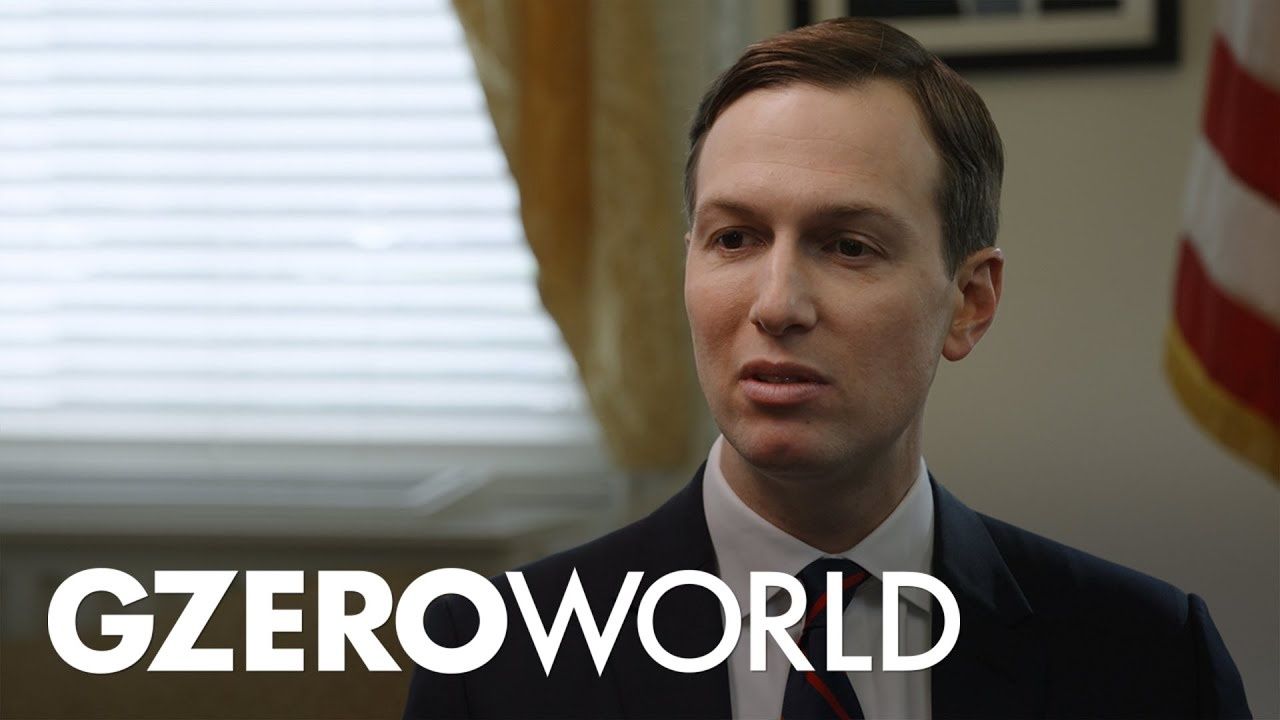January 30, 2020
To understand Jared Kushner's comments in a broader context, here are a few things to consider:
What are the settlements? In the 1967 Six Day War, Israel captured the West Bank from neighboring Jordan, and soon after began setting up communities of Jewish settlers on this land. The West Bank is now home to over 400,000 Jewish Israelis, living in settlements among some 1.9 million Palestinians who, in turn, are not considered citizens of Israel and who must regularly pass through Israeli military checkpoints.
Palestinians see the Israeli settlements as an illegal development of land under military occupation, and much of the international community agrees. Defenders of the settlements say they are important for Israel's security, and that they are on land that is historically Jewish.
What would annexation mean? Right now, the settlements are not technically part of the state of Israel. But Prime Minister Benjamin Netanyahu has said that he wants to change that by annexing them outright. About half of Jewish Israelis support that idea.
Trump's Mideast proposal paves the way for Israel to annex Israeli settlements in the West Bank and to link them with special corridors, leaving the remaining territory for a future Palestinian state. Because some of the outlying settlements would be enclaves of Israel within Palestinian territory, a territorially contiguous Palestinian state would be virtually impossible.
But in his interview with Ian Bremmer, Jared Kushner says that while the Trump administration clearly supports annexation, it also wants Israel to wait until after the upcoming (Israeli) election to move ahead with any annexation plans.
GZERO WORLD with Ian Bremmer airs nationwide on public television Fridays beginning at 11 a.m. ET. Check local listings. The interview will also be published in full on gzeromedia.com on Monday, February 3, at 6 a.m. ET.
Watch more:Kushner to Palestinians: 'Put up or shut up' on peace plan
Read more:Trump's Middle East peace plan isn't meant to be fair
More For You
Most Popular
Sponsored posts
Renters catch a break
Walmart sponsored posts
Walmart’s commitment to US-made products
What's Good Wednesdays
What’s Good Wednesdays™, February 4, 2026
Los Angeles Police Department (LAPD) stands in formation in a show of force and response after ICE agents tear gassed, shot less lethal weapons and chased a mostly peaceful group of about 150 protestors who were upset with the recent killings of protestors in Minneapolis and the increased activity in their LA neighborhoods.
Credit Image: © Amy Katz/ZUMA Press Wire
700: The number of ICE and border agents that will leave the Minneapolis area, White House border czar Tom Homan announced Wednesday morning.
A Chinese clerk counts RMB (renminbi) yuan banknotes at a bank in Lianyungang city, east China's Jiangsu province, on Aug. 11, 2015.
Oriental Image via Reuters Connect
On Saturday, Chinese President Xi Jinping made it public: he wants the renminbi, China’s currency, to replace the dollar as the global reserve currency. But is this even possible?
World Central Kitchen staff hand out free soup in a neighbourhood that experiences electricity and heating outages following recent Russian attacks on Ukraine’s civilian infrastructure during subzero temperatures in Kyiv, Ukraine February 3, 2026.
REUTERS/Thomas Peter
1,170: The number of high-rise buildings in Kyiv that were left without heating following a barrage of Russian attacks last night on Ukraine’s capital and its energy facilities, per Kyiv Mayor Vitali Klitschko.
© 2025 GZERO Media. All Rights Reserved | A Eurasia Group media company.
